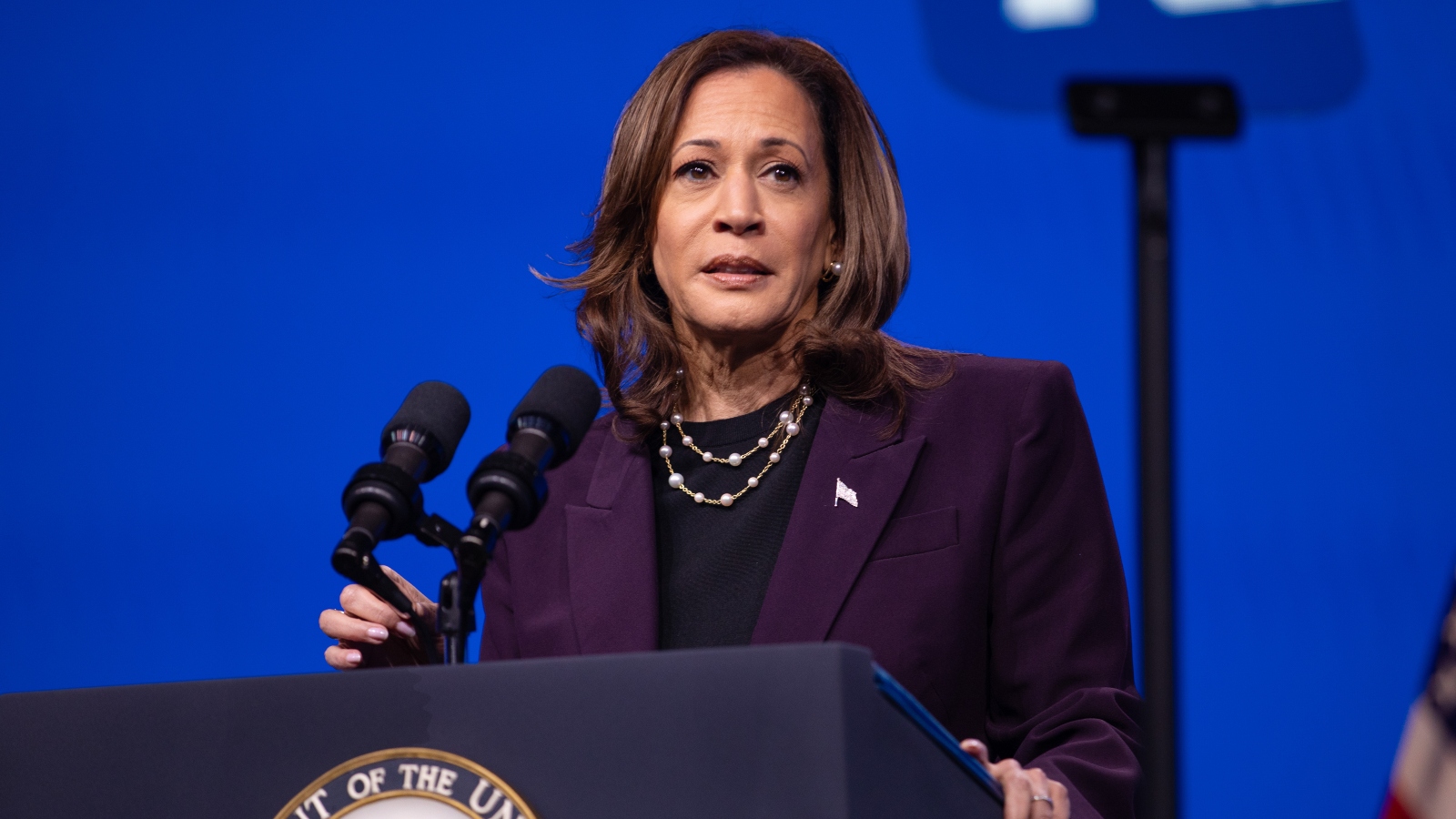OPINION: This article may contain commentary which reflects the author's opinion.
The 2024 presidential election is over and Donald Trump resoundingly defeated Vice President Kamala Harris, but the latter’s continued fundraising is a cause for concern among a growing number of Democrats.
According to Politico, the Harris campaign is continuing to send out fundraising emails to party faithful, and they sound just as urgent now as they did before the election.
“Even a quick donation of $50 is enough to help us in this fight,” said one email sent two weeks after Election Day. “And with only hours left to hit our goal today, NOW is the best time to rush your support.”
Another recent message carried the simple subject line: “Please do not click away.”
The fundraising appeals may be something that has to be done, as Harris’ campaign reportedly ended with approximately $20 million in debt, according to two individuals familiar with her finances who spoke on condition of anonymity. Federal law limits the options available to campaigns for paying down such debts.
The emails do not directly reference the debt, instead highlighting the organization’s support for recount efforts in tight races and ongoing legal challenges. However, the Harris campaign denies having any outstanding debts on Election Day and maintains that neither the campaign nor affiliated joint fundraising committees will report debts in upcoming Federal Election Commission filings due in December.
Despite the campaign’s denials, fundraising appeals have continued, raising concerns among some Democrats that the tone of these messages could harm the party’s relationship with online donors, a critical source of support, Politico reported.
Harris had built a record-breaking fundraising operation, attracting millions of contributions within the first week of her candidacy and hosting events through the fall. These efforts helped her raise more than $1.4 billion during the campaign.
Now, the same donors who powered her fundraising success are being asked to contribute again, with emails arriving two to three times a day. Some Democrats worry that this approach could alienate the very supporters who have been vital to the party’s financial strength.
“I understand that the Harris campaign is in a very difficult position with the debt that they have, and so sometimes you just have to make practical decisions,” said Mike Nellis, founder of the Democratic digital firm Authentic, whose clients include top Democratic House and Senate candidates.
“But yeah, I think that stuff like that erodes trust,” he told Politico.
A Harris campaign official stressed that the campaign is not requesting donors to contribute more than they did before the election, the outlet noted. The official also noted that some fundraising is essential to cover costs associated with winding down the campaign, including retaining some staff, closing offices, and ensuring compliance with remaining financial reporting requirements.
That said, concerns about the Democratic Party’s approach to small-dollar fundraising and its spending practices are now influencing the race to lead the Democratic National Committee. Members of the party’s governing body have voiced alarm over the Harris campaign’s spending habits, which saw a massive amount of money depleted at an unusually fast pace.
As a result, there are growing calls for increased oversight of the party’s financial disbursements, Politico noted.
The Harris campaign’s largest expense by far was paid media, with $551 million spent on digital and TV ads between mid-July, when she replaced President Joe Biden, and Election Day, according to AdImpact, which tracks political advertising.
As of early October, the most recent period covered in campaign finance reports, media production and ad buys accounted for 77% of the campaign’s spending. Payroll was a distant second, comprising just 2.5% of expenditures.
Harris also got a tidal wave of free press in the form of positive coverage from most legacy media outlets.
